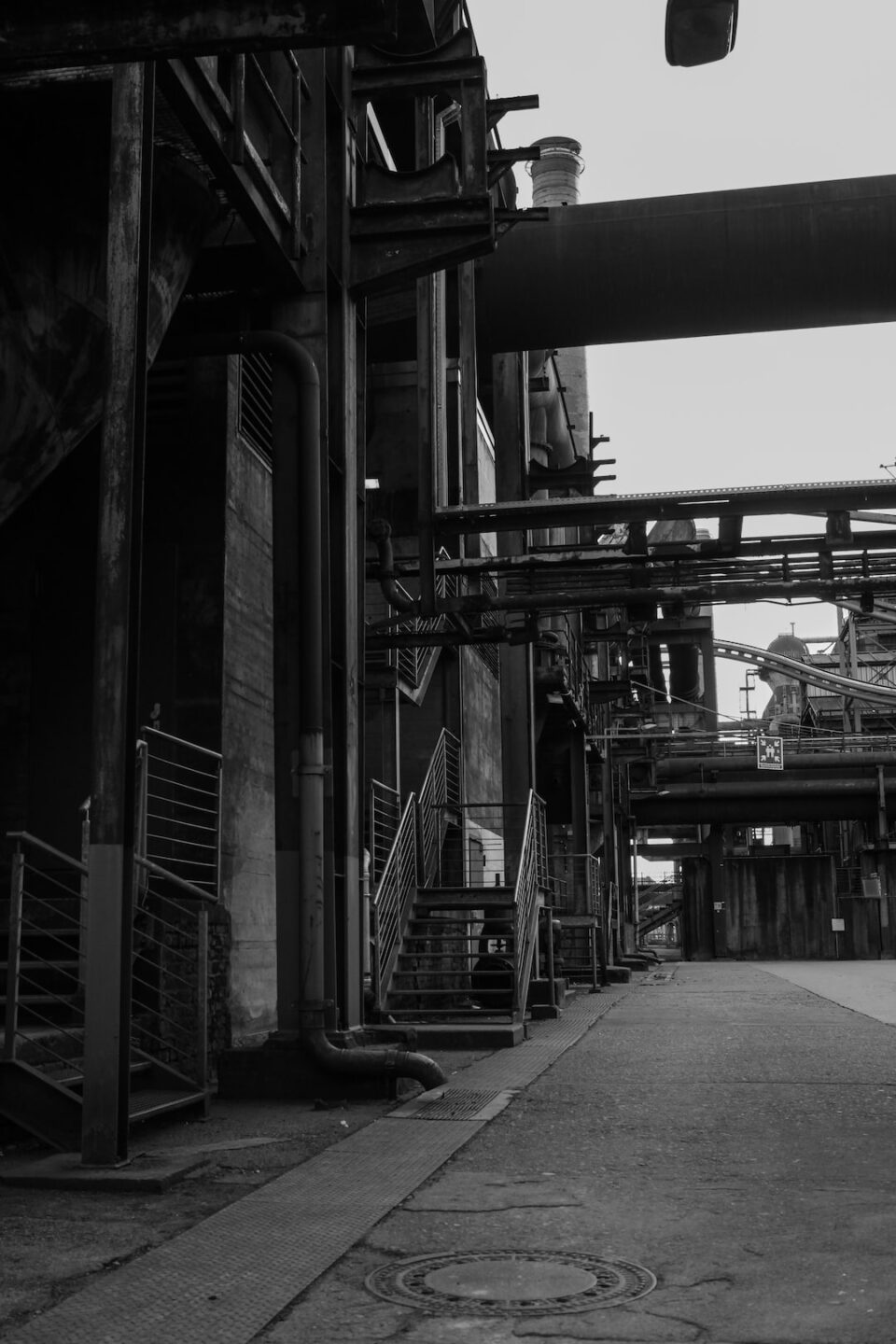Cold storage refers to the storage of items in a controlled environment primarily to preserve their quality and extend their shelf life. This type of storage is typically used for perishable goods such as fruits, vegetables, dairy products, and meats. With the keyword “cold storage” gaining increasing popularity in recent years, the demand for such facilities has skyrocketed due to its essential role in maintaining the freshness of products.
One of the key benefits of cold storage is its ability to slow down the growth of microorganisms that cause spoilage. By maintaining a low temperature, typically between -18 to 0 degrees Celsius (0 to 32 degrees Fahrenheit), cold storage inhibits the growth of bacteria, molds, and yeasts that can lead to foodborne illnesses and deterioration of perishable items. This ensures that products remain safe for consumption, maintaining their nutritional value and taste.
Apart from food items, cold storage also serves various industries that require the preservation of specific products or materials. For instance, pharmaceutical companies heavily rely on cold storage to keep vaccines, medicines, and other temperature-sensitive drugs in an optimal condition. The consistent low temperatures help to maintain the potency and efficacy of these medications, ensuring their effectiveness when administered to patients.
Moreover, the cold storage industry has witnessed significant advancements in technology to provide even better preservation capabilities. Cutting-edge cooling systems ensure temperature stability while precise humidity control prevents frost formation and condensation. These technological developments have not only improved the quality maintenance of perishable goods but have also reduced energy consumption, making cold storage more sustainable and cost-effective.
The expansion of e-commerce and globalization has further fueled the demand for cold storage. With the ability to transport goods across long distances, cold storage facilities play a crucial role in maintaining the freshness of products during transportation. This allows businesses to provide customers with a wider variety of perishable goods that were previously unavailable due to logistical limitations.
As the cold storage industry continues to grow, it also faces challenges regarding energy efficiency and environmental sustainability. However, innovative solutions such as solar-powered refrigeration and advanced insulation materials are being explored to address these concerns. This not only helps reduce the carbon footprint associated with cold storage but also makes it more economically viable for businesses.
In conclusion, cold storage facilities have become an indispensable part of modern supply chains, ensuring that perishable items retain their quality and reach consumers in optimal condition. The keyword “cold storage” has gained significance due to the increasing demand for these facilities and the constant need for improved preservation techniques. As technology advances and sustainability becomes a priority, the cold storage industry will continue to evolve, providing efficient and eco-friendly solutions to preserve perishable goods.
************
Want to get more details?
Davin Cool Indotama
https://www.davincoolindotama.com/
Jalan Brotojoyo Barat II
PT Davin Cool Indotama melayani penjualan,pemasangan, dan perbaikan Cold Storage , Water Chiller , AC Ducting .


